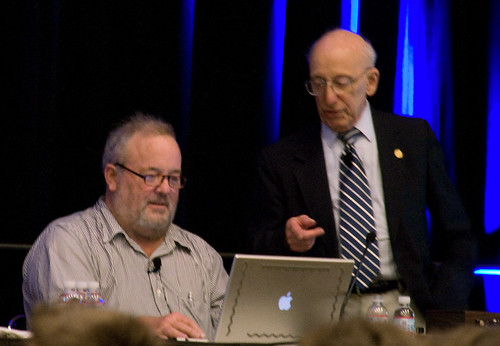Good News, Bad News, Worse News
/Oh well, best laid plans and all that.
The good news is that my book is now available from Amazon.com. The bad news is that it has already attracted two unfavourable reviews. The worse news is that nobody has actually read it yet.
The problems started when it was decided to not include CD-ROMS with the book itself. This is actually quite sensible in a way. Since you need a network connection to actually use XNA on an Xbox 360 it seemed reasonable to drop the content and make it available on-line. And at least that way we could ensure that the content was up to date.
But not before the Amazon blurb (and Barnes and Noble too) had gone out with the promise of shiny disks. Not surprisingly the early adopters (the ones whose opinions are most important) have heartily slammed the book for not delivering on the promise. I can understand where they are coming from too. If I'd bought something which was mis-described like this I'd be angry too.
I think this is really a failure of process. Microsoft Press and Amazon (et all) should have a proper mechanism whereby when the description of an item changes all the existing purchasers of the item are informed of the change and given the option to back out of the purchase. I'm pretty sure I'm not the first to have been caught like this. But it still hurts.












